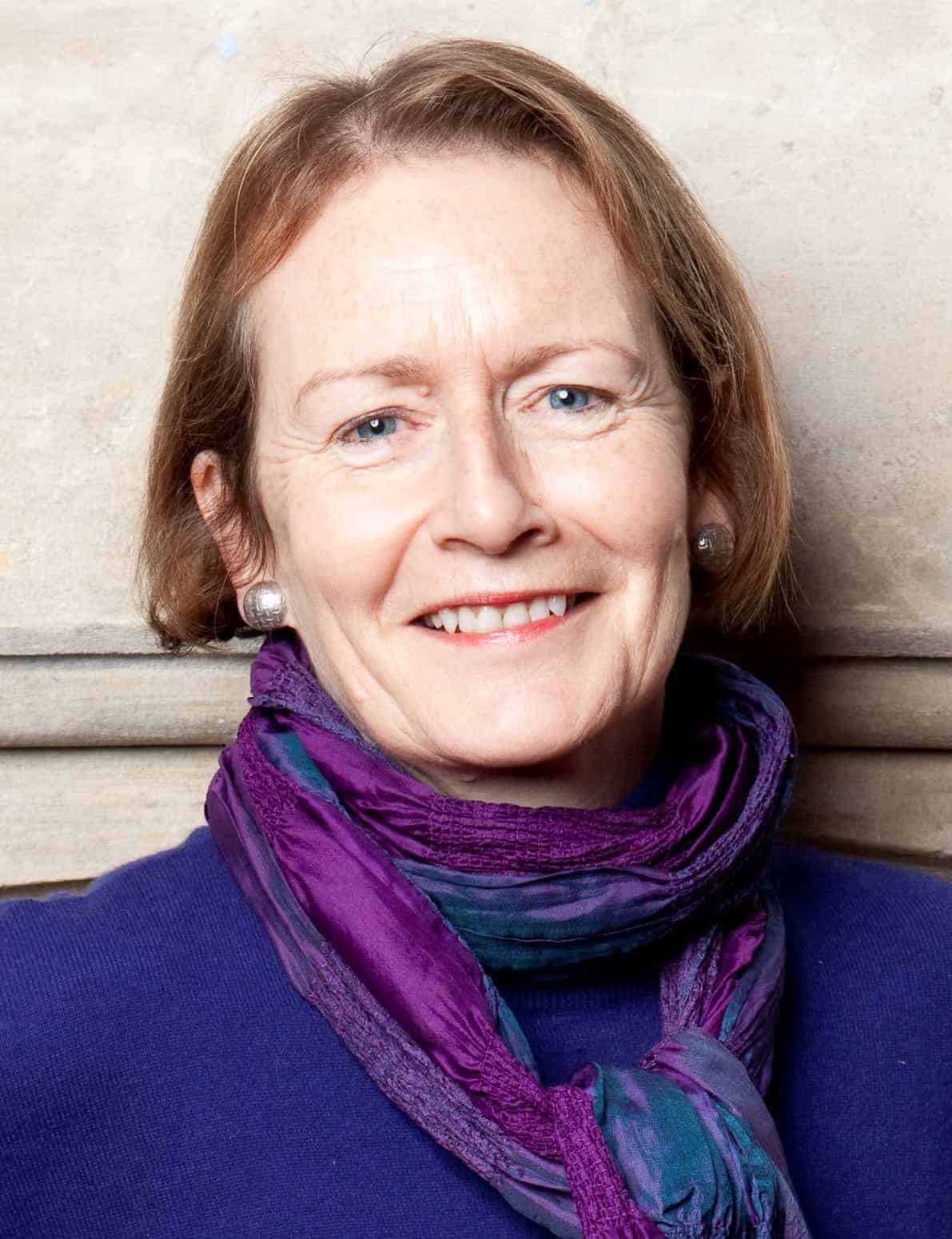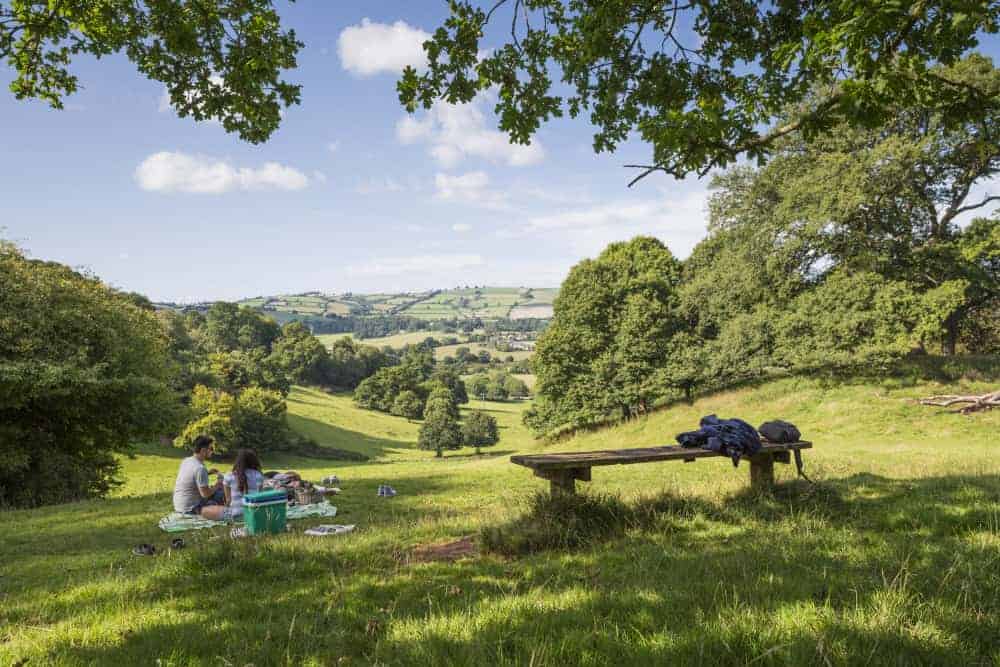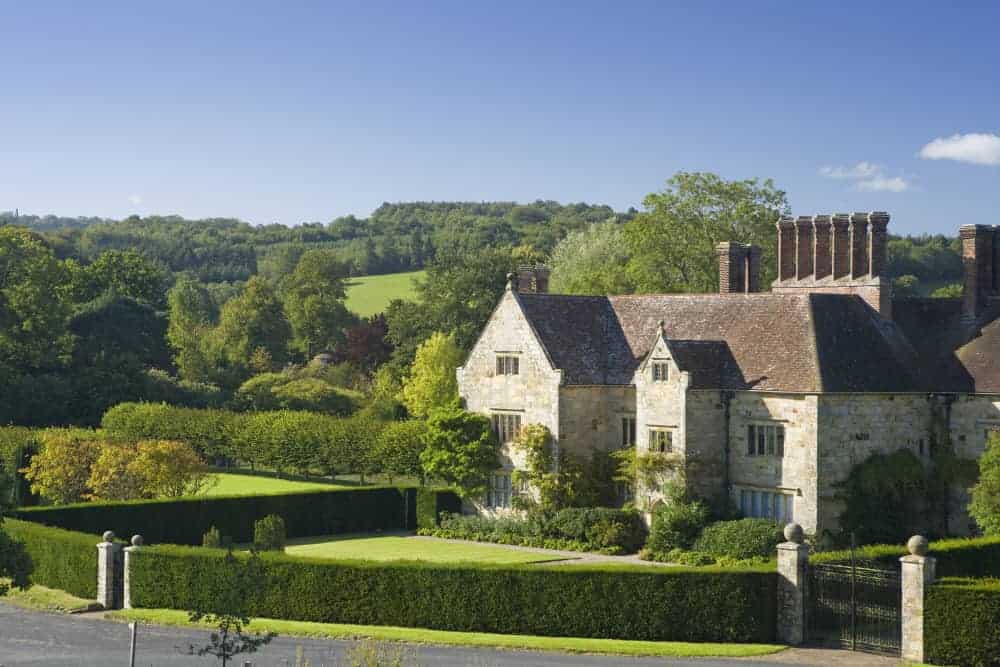Greenhouse Pioneer: Dame Helen Ghosh, National Trust

The National Trust has ambitious plans to help reverse the decline in wildlife by creating 25,000 hectares of new habitats by 2025 – the equivalent of more than 33,000 Premier League football pitches. We caught up with Dame Helen Ghosh, Director General of the National Trust, to find out what inspires her and how each of us can do our bit to preserve wildlife.

Tell us, in 20 words or fewer, about the National Trust – what’s your mission?
To “promote the preservation of places of historic interest or natural beauty, for the benefit of the nation.” That gives us lots of flexibility.
What drives you?
Before I started working for the National Trust, I was a civil servant. In that job and now, I’m driven by a sense that we should be working for the common good, socially and environmentally. And I want people to get the same joy and inspiration from the built and natural heritage that I do.
What is your greatest achievement to date?
Here at the Trust, I’d say it is setting a very clear direction for what we are doing, responding to the 21st century’s biggest conservation challenge. We believe that if our founders came back now, they’d say that as a nation we are failing to protect nature. The disastrous decline in species and the complete disconnection of many children from the natural world are two symptoms of the crisis we face. As one of the country’s largest landowners we believe we have an important part to play.
What are you working on that’s getting you fired up and excited?
We’ve already begun to take action to help restore a healthy and beautiful natural environment. We’ve recently set out our plans in “A shared purpose for our countryside” which explains what we are trying to achieve by 2025, in partnership with our farm tenants, other NGOs and landowners, and the public. We want to create about 25,000 hectares of new priority habitat, make sure all our SSSIs are in good shape, and ensure that at least 50% of our farmland is of a good nature standard.
What are the challenges you face?
We own 250,000 hectares of land, much of which is in the Uplands. And 80% of it is managed by our 1,500 farm tenants. So we need to work with our farmers and local communities to deal with the big challenges that are coming up following Brexit and with the disappearance of the current CAP in a few years’ time. It could be a time of real opportunity for the uplands, if they can get a just reward for the wider benefits they bring to society, including water and soil management and the cultural heritage that the public value.

Visitors enjoying a picnic on the estate at Killerton, Devon.
Where do you want to take the Trust next?
We’ve got plenty to be getting on with! As well as our work with nature, we are spending more than ever before on the conservation of our houses, gardens and collections, but we never have enough money to do everything we’d like. We are also very aware that we need to show a broader group of people, from more diverse backgrounds, that what we do is relevant to their lives.
What can we, as individuals, do to make a difference?
Become a National Trust volunteer! You can just pop in for a day, for a week on one of our working holidays, or come regularly. There are all sorts of opportunities which we advertise on our local property websites. Many of our volunteers work outdoors including on our nature and countryside projects. All you need is enthusiasm.
How is what you are doing inspiring change in others?
We get about 200 million visits to our countryside and coast every year. So we know that people already love the countryside and care about its future. We are trying to do more to communicate with our visitors about our cause and what is interesting and important about places they are visiting, without ‘getting in the way’ of whatever they want to do.
Can you recommend a life- or game-changing book for our readers?
It would have to be “50 Things to do before you are 11¾”, available at all National Trust shops. It’s full of ways children can have fun while getting closer to nature. And you can try them at any age!
What do you listen to when you’re cooking dinner?
It’s more likely to be Sunday lunch, since I’m rarely home in time to cook a proper dinner. The Archers and Desert Island Discs. I’m a Radio 4 junkie!
What’s the best advice you’ve ever been given?
Don’t let the best be the enemy of the good. Often good is good enough.
Can you leave us with who’d be your Eco Hero?
Thomas Hardy, whose books and poetry are full of such precise and evocative descriptions of the countryside and wildlife of his time, a reminder of what we have lost. His line “The May month flaps its glad green leaves like wings” always comes back to me at this time of year.

Bateman’s, the Jacobean house that was the home of Rudyard Kipling from 1902 to 1936, set in its garden in the countryside at Burwash, East Sussex.
Plans for the weekend? From coastal walks to summer gardens, why not support the places you love and visit your local National Trust or become a member. In doing so, you’ll enjoy free access to hundreds of unforgettable places and help protect them for future generations.
Who would be your eco hero? Tweet us at @Greenhouse_PR and visit our blog page to hear from a range of environmental pioneers, such as Savita Custead, Festival Director at Bristol Natural History Consortium, wildlife warrior Chris Packham and Sarah Venn, Founder of Incredible Edible.


